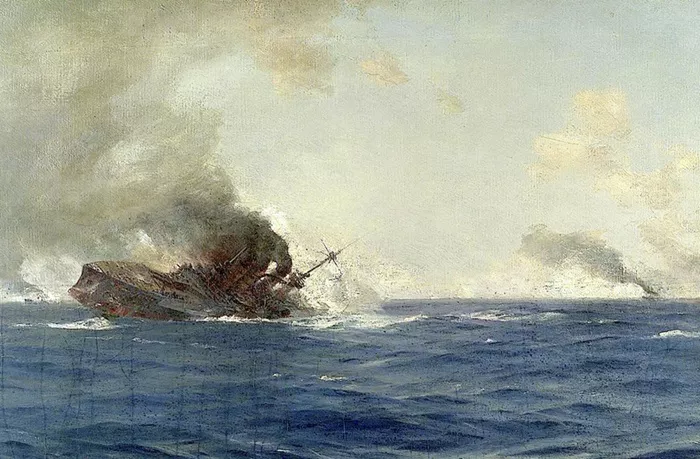December 26 is a significant date in British history, marked by various notable events spanning from the medieval period to modern times. This article explores these events in detail, providing context and significance for each.
What Happened on December 26 in British History?
The Coronation of King Stephen (1135)
On December 26, 1135, King Stephen was crowned at Westminster Abbey. He was the grandson of William the Conqueror and came to power during a tumultuous period known as the Anarchy, which was characterized by civil war and political instability. Stephen’s reign was marked by his struggle against the claims of his cousin, Empress Matilda, for the English throne. His ascension to the throne was controversial; he had been chosen by his uncle, King Henry I, who had died without a male heir. This led to a prolonged conflict over the crown that would last until Matilda’s son, Henry II, eventually took the throne in 1154.
Birth of Thomas Gray (1716)
Thomas Gray, an influential English poet and scholar, was born on December 26, 1716. He is best known for his poem “Elegy Written in a Country Churchyard,” which reflects on death and the lives of ordinary people. Gray’s work contributed significantly to English literature during the 18th century, and he is often associated with the Graveyard School of poetry. His academic career included a professorship at Cambridge University, where he influenced many students and fellow scholars.
Birth of Charles Babbage (1791)
Charles Babbage was born on December 26, 1791. He is often referred to as the “father of the computer” due to his pioneering work on mechanical computing devices. Babbage designed the Analytical Engine, an early mechanical general-purpose computer that laid the groundwork for modern computing concepts. His ideas about programmable machines were ahead of their time and have had a lasting impact on technology and engineering.
The First Inter-Club Football Match (1860)
On December 26, 1860, a historic event in sports occurred: the first-ever inter-club football match took place between Hallam F.C. and Sheffield F.C. at Hallam’s Sandygate Road ground in Sheffield, Yorkshire. This match is recognized as a milestone in the development of football as an organized sport. Sandygate Road is noted as the oldest football ground still in use today, highlighting its importance in sports history.
Boxing Day Becomes an Official Bank Holiday (1874)
Boxing Day was officially recognized as a Bank Holiday in Britain on December 26, 1874. The day has its origins in medieval England when it was customary for lords to give Christmas boxes—gifts or money—to their servants and workers as a form of gratitude for their service throughout the year. Over time, Boxing Day evolved into a day for sporting events and shopping sales, becoming an integral part of British culture.
The Sinking of Scharnhorst (1943)
A significant military event occurred on December 26, 1943, during World War II when a Royal Navy convoy attacked and sank the German battlecruiser Scharnhorst off North Cape, Norway. This battle was pivotal as it marked one of the last major naval engagements involving German battleships. The loss of Scharnhorst represented a significant blow to German naval power and boosted Allied morale during a challenging phase of the war.
The First Annual Reith Lecture (1948)
On December 26, 1948, the first annual Reith Lecture was broadcast by the BBC. Named after Sir John Reith, the first Director-General of the BBC, these lectures have become an important platform for influential thinkers to discuss various topics ranging from science to philosophy. The Reith Lectures continue to be a prominent feature of British broadcasting and contribute to public discourse.
Conclusion
December 26 has witnessed numerous pivotal moments throughout British history, from royal coronations to significant cultural developments like sports and holidays. Each event reflects broader themes within British society—from political struggles and advancements in technology to cultural traditions that continue to shape contemporary life. Understanding these events provides valuable insights into Britain’s rich historical tapestry and its evolution over centuries.This exploration of December 26 highlights how historical events can influence national identity and cultural practices that endure through time. Each occurrence not only marks a date but also serves as a reminder of Britain’s complex past and its ongoing narrative.In summary, December 26 stands out not just as Boxing Day but as a date filled with historical significance that has shaped various aspects of British life—from governance and literature to sports and social customs.
Related Topics:

